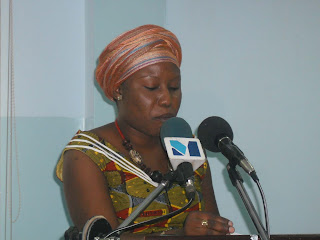Rwanda Named Global Host of World Environment Day 2010
Rwanda Named Global Host of World Environment Day 2010 Rwanda, the East African country that is embracing a transition to a Green Economy, will be the global host of World Environment Day 2010, the United Nations Environment Programme (UNEP) announced Wednesday in Nairobi, Kenya. World Environment Day (WED), which aims to be the biggest global celebration for positive environmental action, is coordinated by UNEP every year on 5 June. This year’s theme is ‘Many Species. One Planet. One Future.’ – a message focusing on the central importance to humanity of the globe’s wealth of species and ecosystems. The WED theme also supports this year’s UN International Year of Biodiversity. Rwanda’s combination of environmental richness, including rare and economically-important species such as the mountain gorilla, allied to newly evolving and pioneering green policies is among the reasons why UNEP welcomed its offer to be the global 2010 host. While the country faces many challenges ranging f...

+This+Little+Boy+In+A+Ghanaian+Village+Needs+Access+To+Potable+Water,+Which++Is+His+Fundamental+Human+Right.jpg)

